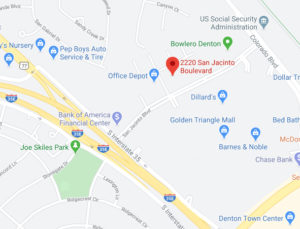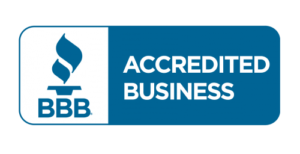What makes up your estate?

In the most basic terms, your estate is everything you own. It includes real estate, vehicles, valuables, sentimental objects, intellectual property, or mineral rights, as well as all financial products such as stocks, bonds, life insurance, retirement savings and bank accounts. With proper estate planning you can make sure your loved ones receive as much of your assets as possible, instead of a probate procedures lawyer or the IRS.
Your estate is made up of:
- Real Estate
- Vehicles
- Valuables
- Sentimental objects
- Intellectual Properties
- Mineral Rights
- Assets
- Financial Products
- Stocks
- Bonds
- Life Insurance
- Retirement Savings
- Bank Accounts
What if I do not have an estate plan?
If you do not have a plan in place and you become sick, incapable of making decisions, or pass unexpectedly, many assets can become frozen/suspended. Then begins the arduous process of probate court, along with the unnecessary hassles, delays and costs that go with it. Decisions can than be left to a judge, to determine where certain assets go, and arguments can be heard from any interested party of the public, who wishes to make a claim, which could result in the loss of particular inheritance for your chosen family and friends. Also, without proper tax planning, the IRS will be free to “tax at will”, leading to even more potential loss. A solid legally binding plan of action will preserve your family wishes and save your family a great deal of costs, stress, delays, hassles and losses.
ISSUES THAT ARISE
- Probate court
- Delays
- Frozen/suspended assets
- Judge determines asset allocation
- IRS will have greater tax rights
- Financial accounts
- Property
- Real Estate
- Gets public access and government gets a voice.
- IRS can lay claim
- Loss of inheritance for loved ones
- Potential loss of finances


